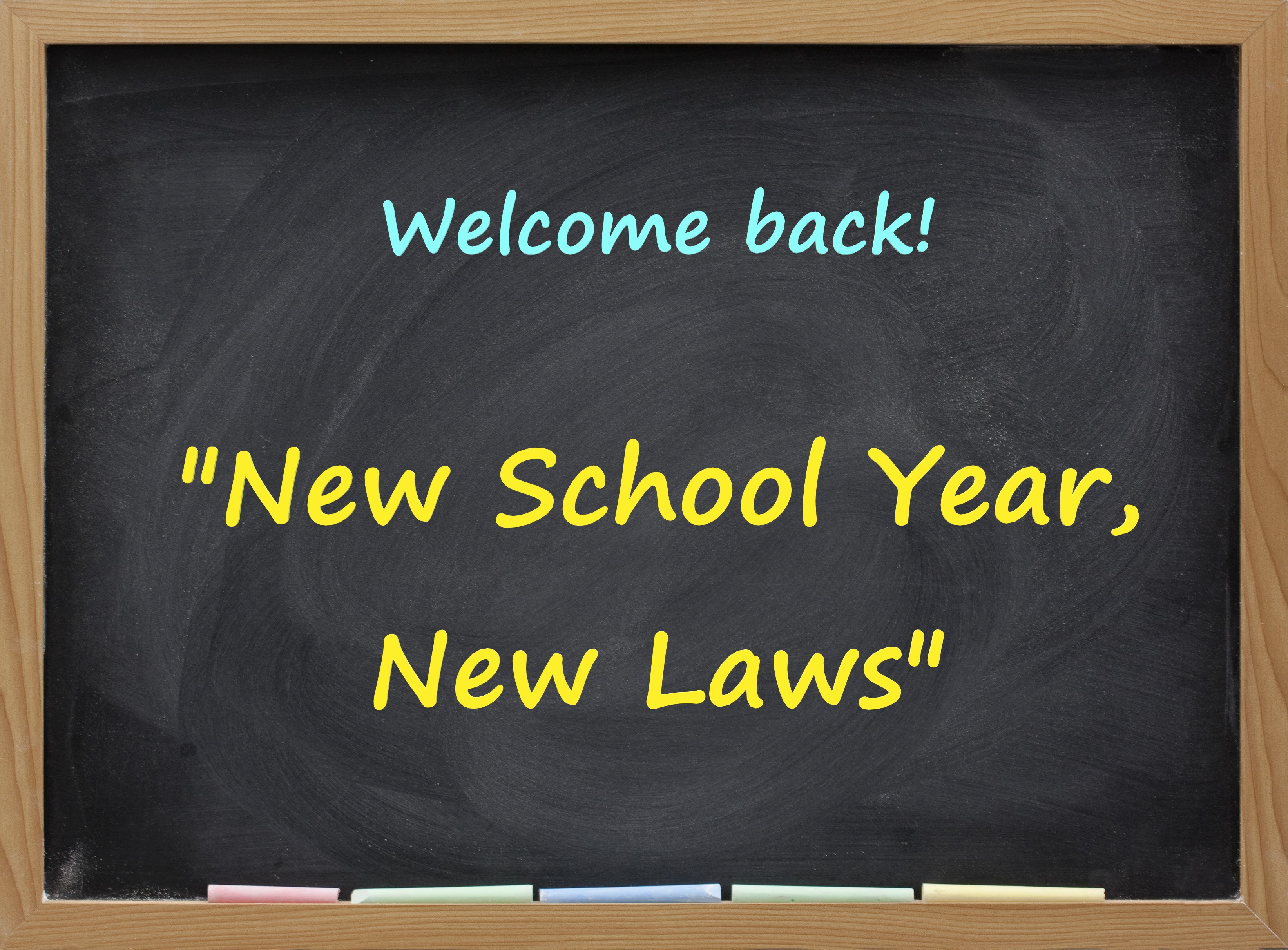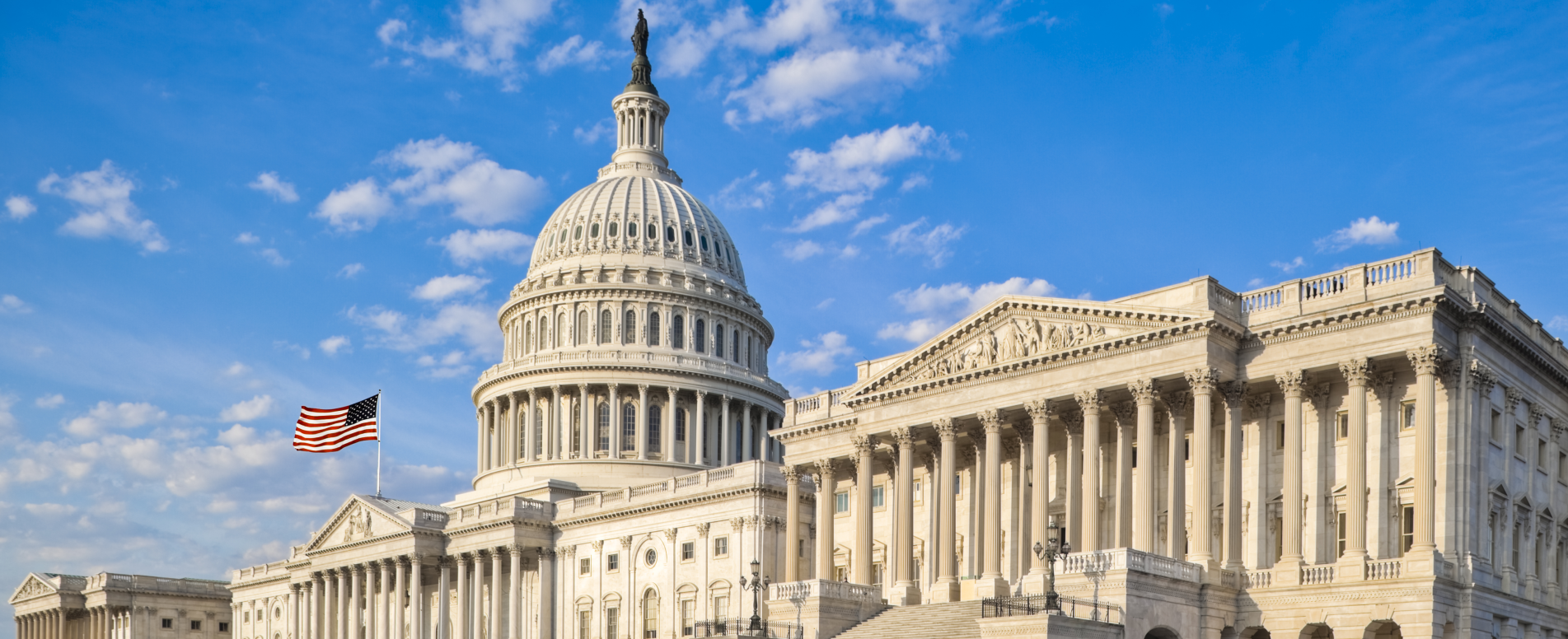New School Year, New Laws: Special Education

Texas Legislature
Date Posted: 9/16/2019 | Author: Andrea Chevalier
 In this week's blog post in the "New School Year, New Laws" series, the ATPE lobby team looks at changes to special education resulting from the 86th legislative session earlier this year.
In this week's blog post in the "New School Year, New Laws" series, the ATPE lobby team looks at changes to special education resulting from the 86th legislative session earlier this year.
Three years ago, the Houston Chronicle published an investigative series on how Texas was systematically denying special education services to students through an arbitrary 8.5% cap on special education enrollment. After confirming the findings, the U.S. Department of Education (ED) ordered the state to complete a Special Education Strategic Plan and Corrective Action Response. In the interim before the 2019 legislative session, special education advocates worked diligently with lawmakers, the Texas Commission on Public School Finance, and the Texas Education Agency (TEA) on the strategic plan, corrective action response, and special education funding to try to mitigate the negative effects of having denied years of services to students. This involvement from stakeholders helped to prioritize special education in the legislative session.
Below are some of the bills passed this year to address special education funding and various initiatives for students with special needs.
House Bill (HB) 3 by Rep. Dan Huberty (R-Kingwood): Special education funding and advisory committee
Special education in Texas is currently funded through a system of weights based on student placement. For example, the weight for a homebound student is 5.0 (meaning that a school district receives 5 times the amount of the basic allotment for that student). The mainstream weight covers approximately 85% of students receiving special education services, according to the TEA. Rep. Mary Gonzalez (D-Clint) amended HB 3 to increase the mainstream weight from 1.1 to 1.15, which will generate hundreds of extra dollars for every student receiving special education services in the general education classroom. As an aside, stakeholders and agency officials alike are urging that the rhetoric around special education shift to characterize special education as a service rather than a placement.
HB 3 also creates a new dyslexia weight of 0.1, which will help direct even more money to students with special needs. The dyslexia weight will also capture and fund students who are receiving services under Section 504 of the Rehabilitation Act, which is not federally funded like the Individuals with Disabilities Education Act (IDEA).
Lastly, HB 3 establishes a 14-member special education allotment advisory committee that will make recommendations on special education funding. In September, the commissioner of education will appoint committee members, to include a variety of stakeholders both within and outside of the school setting, including two teachers.
These provisions of HB 3 became effective immediately upon the passage of the bill.
Senate Bill (SB) 500 by Sen. Jane Nelson (R-Flower Mound): Addressing maintenance of financial support in the supplemental budget
Just before the 2019 legislative session began, news broke that Texas had failed to maintain "state financial support" under the Individuals with Disabilities Education Act (IDEA). Essentially, the state spent $33.3 million less on special education in 2012 than it spent in the prior year, which is not allowed. Unfortunately, the state continued this trend in 2017, 2018, and 2019, and it is now estimated that the resulting federal penalty will reach $233 million.
This year's supplemental spending bill, SB 500, included over $219 million to settle maintenance of financial support costs and to prevent future penalties.
SB 139 by Sen. Jose Rodriguez (D-El Paso): Notification of enrollment opportunities
SB 139 specifically addresses the aforementioned 8.5% cap on enrollment in special education by requiring TEA to develop a notice regarding the elimination of the arbitrary limit. The notice must also include the rights of children under state and federal law and how parents and guardians can initiate referral and evaluation for special education services.
HB 111 by Rep. Mary Gonzalez (D-Clint): Trafficking, abuse, and maltreatment training
As part of their district improvement plan, school districts are required to adopt and implement a policy on sexual abuse, sex trafficking, and other maltreatment of children. Districts must incorporate methods to increase awareness of these issues by providing training for new and existing employees on prevention techniques and the recognition of sexual abuse, sex trafficking, and other maltreatment of students. HB 111 specifically adds that the training should also include prevention and recognition for students with significant cognitive disabilities. HB 111 became effective immediately.
HB 165 by Rep. Diego Bernal (D-San Antonio): High school endorsements
Effective immediately, HB 165 allows students receiving special education services to earn high school endorsements on their transcripts if they complete, with or without modification, the foundation high school curriculum requirements and the additional endorsement curriculum requirements. Under previous law, a student receiving special education services was unable to earn an endorsement by virtue of being enrolled in a modified curriculum. This prevented the student from earning a Distinguished Level of Achievement upon graduation, which is an eligibility requirement for automatic admission to a public institution of higher education in Texas.
SB 522 by Sen. Judith Zaffirini (D-Laredo): Services for students with visual impairments
SB 522 aims to improve the educational services provided to students with a visual impairment by aligning the terminology in state law with federal law regarding these students. Additionally, the individualized education plan (IEP) for students with a visual impairment must now include instruction in braille and the use of braille unless the student's admission, review, and dismissal (ARD) committee determines that a different form of instruction is more appropriate. Under SB 522, instruction in braille must be provided by a teacher certified to teach students with visual impairments. This law became effective immediately.
SB 712 by Sen. Eddie Lucio, Jr. (D-Brownsville) and HB 3630 by Rep. Morgan Meyer (R-Highland Park): Prohibiting aversive disciplinary techniques
SB 712 and HB 3630 by are identical bills that prohibit the use of certain techniques on students that are meant to discourage recurring behaviors. These aversive techniques are defined in physical terms, such as inflicting pain on a student, as well as in social, emotional, and mental terms, such as verbally demeaning a student or using a timeout when such breaks are not a part of the student’s individualized education plan (IEP). This legislation does not affect a teacher’s ability to remove students under Texas Education Code Section 37.002, which allows teachers to remove students who are repetitively disruptive and limiting the learning of others. Both bills were effective immediately upon their passage earlier this year.
 See the TEA's "HB 3 in 30" video on special education for additional detail on legislative changes. For more information on the issues featured in our "New School Year, New Laws" series, be sure to check out “An Educator’s Guide to Changes Enacted by the 86th Texas Legislature,” in which ATPE's attorneys provide a comprehensive look at new education laws passed in 2019. Join us next Monday here on Teach the Vote to read about legislative changes regarding professional opportunities for educators.
See the TEA's "HB 3 in 30" video on special education for additional detail on legislative changes. For more information on the issues featured in our "New School Year, New Laws" series, be sure to check out “An Educator’s Guide to Changes Enacted by the 86th Texas Legislature,” in which ATPE's attorneys provide a comprehensive look at new education laws passed in 2019. Join us next Monday here on Teach the Vote to read about legislative changes regarding professional opportunities for educators.
CONVERSATION
RECOMMENDED FOR YOU

07/03/2025
Teach the Vote’s Week in Review: July 3, 2025
A federal funding freeze threatens Texas schools and summer learning, and the U.S. House approves Trump’s “big, beautiful bill.”

07/03/2025
Federal education funding freeze threatens Texas schools and summer learning
The Trump Administration’s sudden move to withhold nearly $7 billion in education funding owed to states came with no explanation. ATPE asks Congress to intervene.

06/30/2025
Recap of the June 2025 SBOE Meeting
The Texas State Board of Education (SBOE) met June 24–27, 2025, in Austin.

